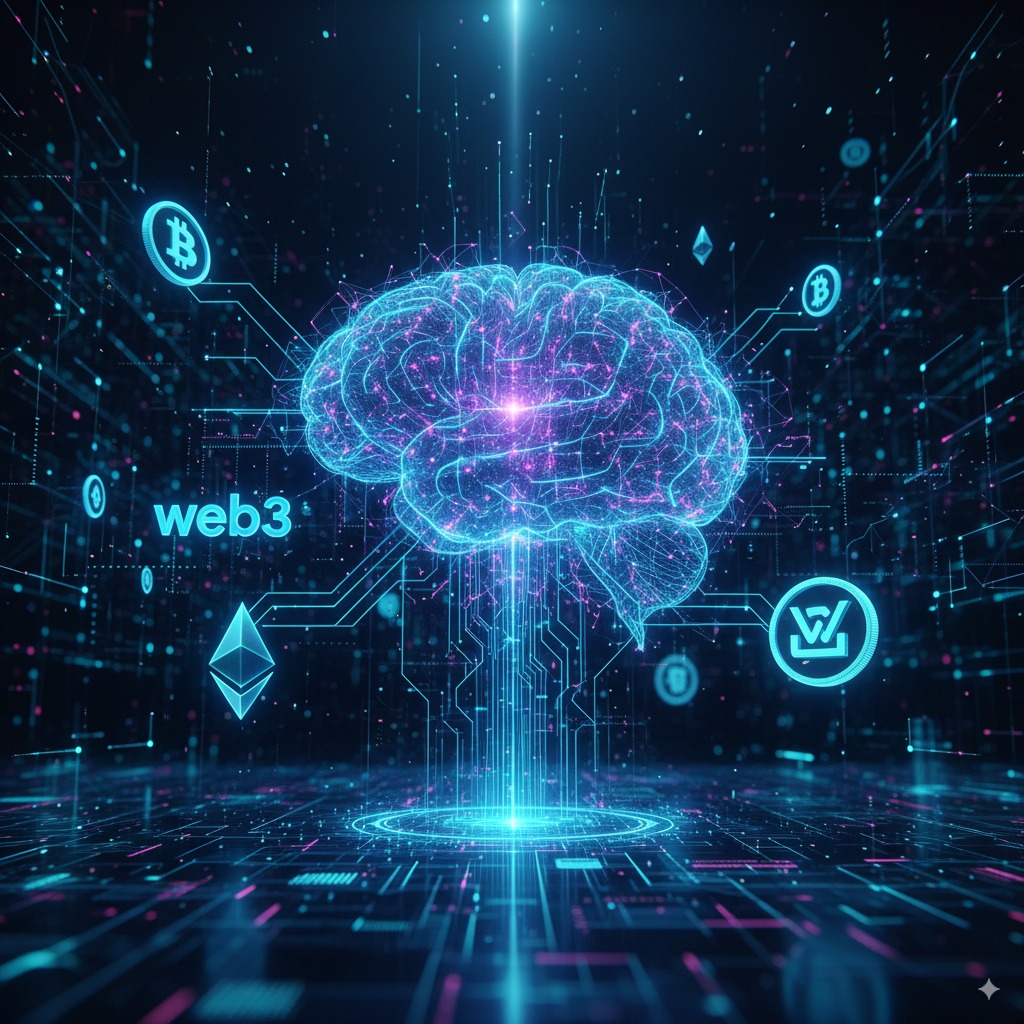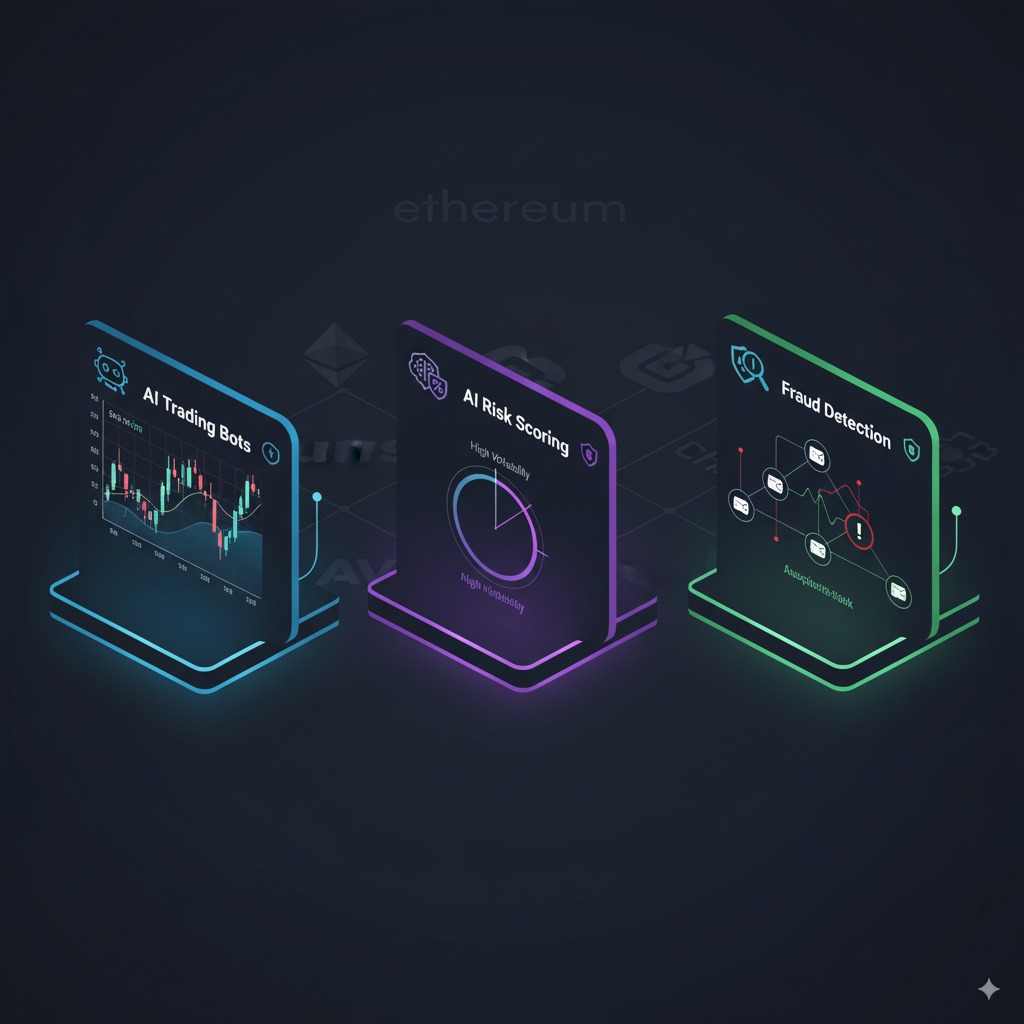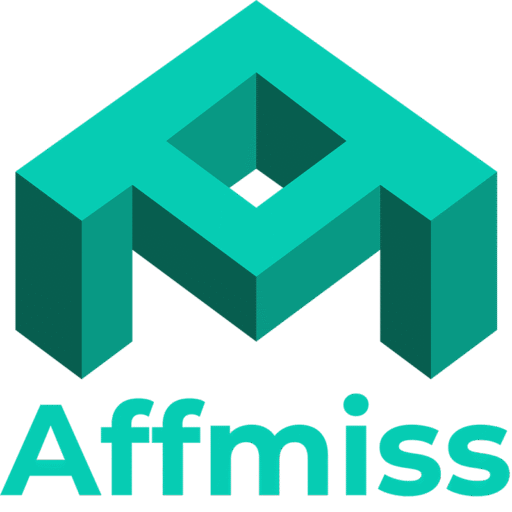AI & Web3: The Power of Decentralized AI Applications in Blockchain Networks
Estimated reading time: 9 minutes
Key Takeaways
- Decentralized AI applications blend the power of artificial intelligence with blockchain-based architectures for trustless, privacy-preserving innovation.
- This convergence is already disrupting finance, healthcare, and supply chain sectors through real-world, autonomous solutions.
- Technologies like federated learning, smart contracts, and tokenomics are crucial building blocks for decentralized AI.
- Decentralized AI offers enhanced privacy, transparency, and democratized access—but faces technical, security, and governance challenges.
- Participating as an investor, developer, or enthusiast now means getting ahead of the next wave of digital transformation.
Table of Contents
Real-World Applications Transforming Industries
The Benefits of Decentralized AI Applications
Challenges and Risks to Consider
Future Trends: Where’s This All Heading?
How to Participate in the Decentralized AI Revolution
Conclusion: The Future is Decentralized and Intelligent
FAQ
In the rapidly evolving digital landscape, two revolutionary technologies are converging to reshape how we process information, make decisions, and build digital economies. Artificial Intelligence and Web3 technologies are no longer separate entities but powerful allies creating a new paradigm of decentralized applications. But what does this mean for crypto investors, traders, and enthusiasts looking to stay ahead of the curve?
Today, we’ll dive deep into the world of decentralized AI applications and explore how they’re transforming blockchain networks. Whether you’re seeking advanced trading strategies, passive income opportunities, or simply want to understand the future of crypto, this comprehensive guide will equip you with the knowledge you need.

What Are Decentralized AI Applications?
Decentralized AI applications represent a fundamental shift in how artificial intelligence systems are built, trained, and governed. Unlike traditional AI models controlled by tech giants or centralized entities, decentralized AI distributes power, data, and control across multiple independent nodes.
But what makes this approach revolutionary?
Centralized vs. Decentralized AI: The Key Differences
| Aspect | Centralized AI | Decentralized AI |
|---|---|---|
| Data Control | Single entity owns/controls data | Data remains with users or is distributed |
| Governance | Corporate decisions | Community governance, often token-based |
| Infrastructure | Centralized servers | Distributed nodes across blockchain networks |
| Privacy | Often collects and stores user data | Preserves privacy through local processing |
| Accessibility | Limited by corporate gatekeepers | Open protocols allow broader participation |
As one blockchain developer aptly put it: “Centralized AI is like having one supercomputer making all decisions. Decentralized AI is like having a global brain where everyone contributes and benefits.”
To learn how blockchain technology underpins decentralized AI and why it matters for the future of money and technology, see Blockchain Basics.
The Technologies Powering This Revolution
Decentralized AI applications don’t emerge from thin air. They’re built on several foundational technologies:
- Blockchain networks provide the immutable, transparent infrastructure for recording model updates, transactions, and governance decisions.
For a beginner’s explanation of distributed ledger technology powering these networks, see Distributed Ledger Technology. - Federated learning enables AI models to train across distributed devices without sharing raw data, preserving privacy while improving models.
- Smart contracts automate agreements between AI service providers and users, ensuring transparent execution and payment.
Curious how smart contracts work in crypto? Read What Are Smart Contracts?. - Tokenomics create incentive mechanisms for contributing data, computing power, or expertise to decentralized AI networks.
Real-World Applications Transforming Industries
The integration of AI with blockchain isn’t just theoretical—it’s already reshaping multiple sectors. Let’s explore some compelling use cases:
Finance: Beyond Traditional DeFi
Decentralized AI is supercharging financial applications by:
- Enhancing risk assessment in DeFi lending protocols through AI-powered credit scoring that preserves borrower privacy
- Detecting fraud patterns across blockchain transactions without compromising user identities
- Optimizing trading strategies through decentralized prediction markets that aggregate collective intelligence
- Creating autonomous treasury management systems that adapt to market conditions
For example, platforms like Fetch.ai are developing autonomous economic agents that can negotiate, trade, and optimize financial decisions without human intervention.

To discover how AI-powered tokens and agents are changing blockchain finance—and the passive income opportunities available—read Unlocking the Future: How AI Tokens Are Revolutionizing Blockchain and Passive Income and AI Agent Coins: Unlocking the Future of Autonomous Crypto Innovation.
Healthcare: Privacy-Preserving Intelligence
Healthcare data is both extremely valuable and highly sensitive. Decentralized AI offers a solution:
- Hospital networks can collaboratively train diagnostic AI models without sharing patient records
- Medical research can access broader datasets while maintaining regulatory compliance
- Patients can monetize their anonymized health data through blockchain-based marketplaces
The potential impact? More accurate diagnostics, personalized medicine, and accelerated drug discovery—all while protecting patient privacy.
Supply Chain: Transparency and Efficiency
Supply chains generate massive amounts of data across multiple stakeholders. Decentralized AI applications are:
- Optimizing logistics through predictive models that learn from global shipping patterns
- Verifying authenticity of products through AI-powered image recognition tied to blockchain records
- Forecasting demand through distributed models that incorporate local market intelligence
These applications reduce waste, prevent counterfeiting, and increase efficiency across global supply networks.
Notable Projects Leading the Charge
- SingularityNET: A decentralized marketplace for AI services where developers can publish, discover, and monetize AI algorithms
- Ocean Protocol: Enables secure sharing and monetization of data for AI training
- Fetch.ai: Builds autonomous agents that can perform complex tasks across decentralized markets
- iExec RLC: Provides decentralized cloud computing resources for AI workloads
For more on which digital assets and tokens are at the forefront of the decentralized AI movement, see Digital Assets: Beginner’s Guide to Cryptocurrencies & Tokens (2025).
The Benefits of Decentralized AI Applications
Why should crypto enthusiasts and investors pay attention to this emerging field? The advantages are compelling:
Enhanced Privacy and Data Sovereignty
In traditional AI systems, your data becomes the product. With decentralized AI:
- Data stays on your device when possible
- Federated learning allows models to improve without accessing raw data
- Users control what information they share and with whom
This shift from data extraction to data respect creates entirely new business models.
Unprecedented Transparency
Blockchain’s immutable ledger brings much-needed transparency to AI:
- Model updates and changes are recorded on-chain
- Training data sources can be verified
- Algorithmic decisions can be audited
This transparency builds trust in AI systems that make increasingly important decisions.
System Resilience
- Decentralized AI continues functioning even if some nodes go offline
- Geographic distribution protects against localized disruptions
- Open-source development creates security through transparency
Democratized Access to AI Power
Perhaps most importantly, decentralization breaks down barriers:
- Smaller players can access sophisticated AI capabilities
- Token incentives reward contributors regardless of size
- Communities can build AI systems that serve their specific needs
Challenges and Risks to Consider
Despite the promising potential, decentralized AI faces significant hurdles:
Technical Complexity
Building these systems requires expertise across multiple domains:
- Blockchain development skills
- AI/ML knowledge
- Distributed systems understanding
- Cryptographic expertise
This complexity creates a high barrier to entry for developers and projects.
To start building foundational knowledge across these domains, check out Learning Resources & Tools for Crypto Beginners (2025 Guide).
Security Vulnerabilities
The distributed nature creates new attack vectors:
- Smart contract exploits could compromise AI systems
- Malicious nodes might poison training data
- Consensus attacks could manipulate model updates
As with any emerging technology, early adopters must carefully assess security risks.
Performance Trade-offs
- Distributed computation can be slower than centralized processing
- Consensus mechanisms add latency
- Privacy-preserving techniques increase computational overhead
Projects must balance decentralization benefits against these performance considerations.
Governance Challenges
Who controls the AI when everyone does?
- Token-based governance systems are still experimental
- Coordinating global stakeholders is difficult
- Balancing technical expertise with community input remains challenging
Future Trends: Where’s This All Heading?
The intersection of AI and blockchain is evolving rapidly. Here are key trends to watch:
AI Marketplaces and Tokenized Models
We’re seeing the emergence of decentralized exchanges where:
- AI models are bought, sold, and licensed as digital assets
- Computation resources are traded in real-time markets
- Data providers earn ongoing royalties through smart contracts
Hybrid Architectures
Pragmatic solutions are combining:
- On-chain governance and verification
- Off-chain computation for performance
- Cryptographic proofs to connect both worlds
This approach preserves decentralization benefits while addressing performance limitations.
Autonomous Organizations
The ultimate evolution may be fully autonomous organizations where:
- AI agents make operational decisions
- Blockchain ensures transparency and accountability
- Humans set high-level objectives and governance parameters
How to Participate in the Decentralized AI Revolution
Ready to dive in? Here are practical ways to get involved:
For Investors
- Research token projects focused on decentralized AI infrastructure
- Diversify across layers of the stack: data, computation, and application tokens
- Look for projects with working products, not just whitepapers
- Consider governance tokens that give you a voice in protocol development
For a deep dive into evaluating investment opportunities at the intersection of AI and blockchain, read Unlocking the Future: How AI Tokens Are Revolutionizing Blockchain and Passive Income.
For Developers
- Build skills across blockchain and AI domains
- Contribute to open-source decentralized AI projects
- Join developer communities focused on this intersection
- Start small with modular components before tackling complete systems
For Crypto Enthusiasts
- Use decentralized AI applications to understand their capabilities
- Participate in governance of decentralized AI protocols
- Stay informed about regulatory developments affecting these technologies
- Contribute data or computation resources to earn passive income
Conclusion: The Future is Decentralized and Intelligent
The marriage of AI and blockchain represents more than a technological advancement—it’s a fundamental shift in how we build, deploy, and govern intelligent systems. By distributing power instead of concentrating it, these technologies can create more equitable, transparent, and resilient digital economies.
For crypto investors and enthusiasts, decentralized AI applications offer new opportunities for value creation, passive income, and participation in the next wave of digital innovation. By understanding this convergence now, you position yourself at the forefront of a transformation that’s just beginning.
What decentralized AI applications are you most excited about? Share your thoughts in the comments below, and let’s continue this important conversation.
Disclaimer: This article is for informational purposes only and does not constitute investment advice. Always conduct your own research before making investment decisions in the cryptocurrency and AI spaces.
FAQ
How is decentralized AI different from centralized AI?
What are some real-world examples of decentralized AI applications?
How can I invest in decentralized AI tokens?
What risks are involved with decentralized AI?
Where can I learn more about building or using decentralized AI systems?
